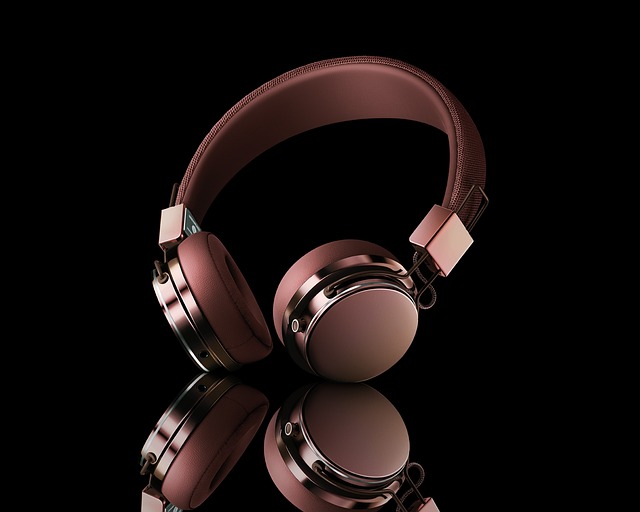Setting up a home cinema room is an exciting adventure for any movie enthusiast. However, for those who are passionate about audio recording, the challenge extends beyond just watching films in high-definition; it involves creating an immersive auditory experience that can rival the best theatres. When it comes to recording audio in your home cinema room, several factors must be taken into account to ensure that you capture the highest quality sound possible.
First and foremost, acoustics play a crucial role in your recording quality. The room’s shape, size, and materials will significantly influence the sound waves. For instance, hard surfaces may create echo, while soft furnishings can help absorb excess sound. Consider investing in acoustic panels or soundproofing solutions, which can minimize unwanted noise and create a more controlled environment for recording. This treatment not only enhances your audio quality but also greatly improves your overall cinema experience.
Next, pay attention to your recording equipment. The audio interface is the heart of your setup; it connects your computer and your microphones or instruments. High-quality microphones are equally essential for capturing clear sound. Depending on your needs, you might choose a large-diaphragm condenser microphone for vocals or dynamic microphones for recording instruments. Remember that each microphone has its unique characteristics, so testing a few types can help you determine which works best in your cinema room.
Another important aspect is the placement of your microphones. Experiment with different positions to find the sweet spot for recording. You may find that moving a microphone even a few inches can significantly alter the sound you capture. When recording audio for film, ensure that dialogue is crisp and clear while also balancing the ambient sounds. This can create a well-rounded mix that stays true to the film’s intended experience.
Don’t overlook the power of software for your audio recording project. Digital Audio Workstations (DAWs) like Pro Tools, Logic Pro, or Ableton Live can offer advanced features that enhance your recording quality. These platforms allow you to edit, mix, and master your audio with precision. Familiarize yourself with plugins and effects; equalization, compression, and reverb can help refine your recordings and give them a polished, professional sound.
Lastly, consider the environment in which you’re recording. Choose a time when you can control external noise, such as during the quiet hours of the day or when household members are less active. This will help maintain a focused atmosphere, allowing you to concentrate on your craft. Remember, patience and practice are key elements for any aspiring audio recording artist.
With dedication, the right tools, and a thoughtfully designed home cinema room, you can embark on an exciting journey into the world of recording. Embrace the creativity this space offers and transform your love for film into an auditory experience that can be shared with family and friends. Your home cinema is not just a place to watch movies; it’s a canvas where your imagination can flourish through sound and storytelling.




